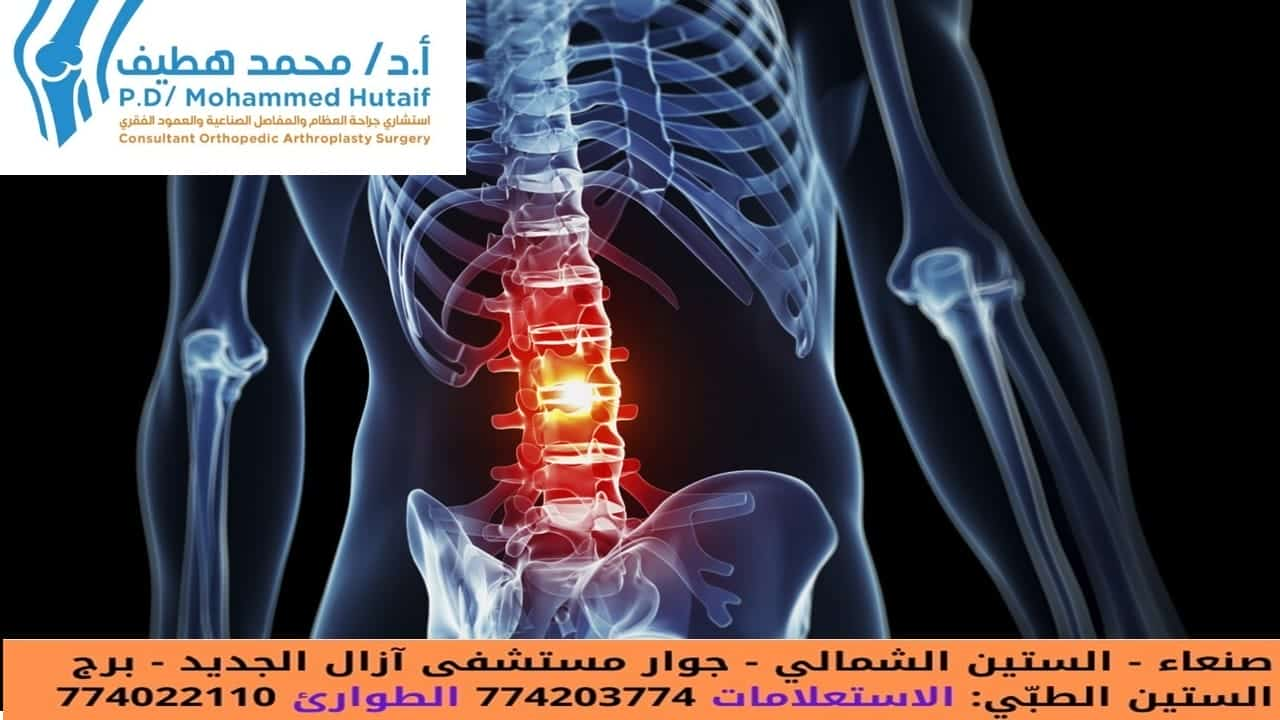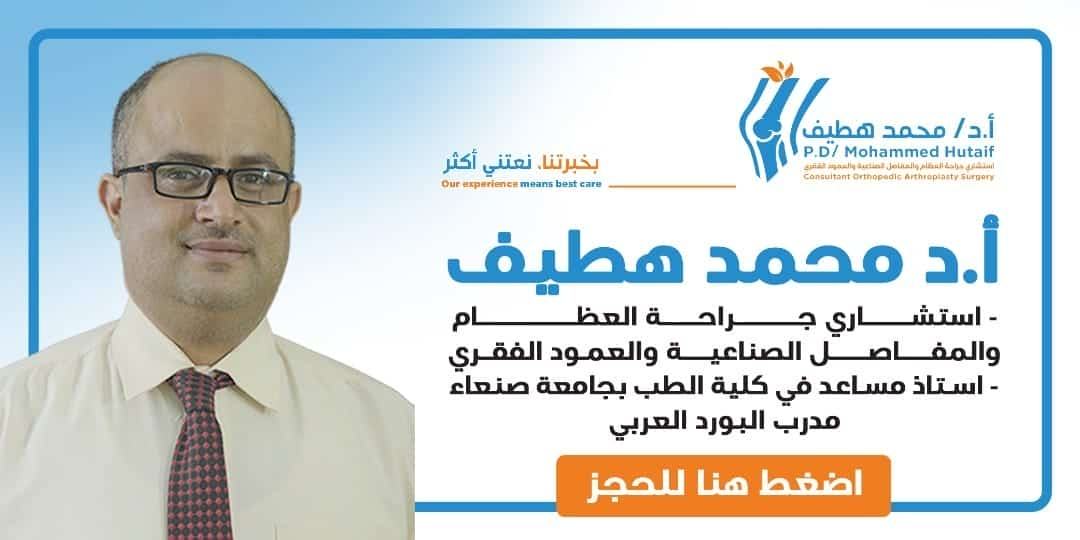Back pain - diagnosis and treatment Question and answer
Back pain remains one of the most common reasons for doctor visits and emergency room visits. It is a major cause of time off work and long-term disability. Fortunately, most causes of back pain resolve very quickly without specific treatment. When it persists, it is considered chronic and usually requires high medical attention
Back pain
Question and Answer
When should I see a doctor for back pain?
While many people experience back pain or stiffness, there are some symptoms that need to be taken more seriously.

It's time to see a doctor if your back pain:
Back pain lasting more than 3 months
Begins to move down to one or both legs
Accompanied by weakness in one or both legs
Difficulty controlling the bladder or bowels
Increases when lying down or at night
It develops suddenly for no known reason
These are just a few of the more common signs of more serious spinal conditions.
While it may be helpful for your doctor to hear about how your injury occurred, it is best to document your symptoms accurately (such as the location of your pain, weakness, or numbness)
and what limitations these symptoms place on your daily activities. Please take the time to write down this information before your appointment.
How is back pain diagnosed?
An accurate diagnosis is key to proper and effective treatment of your pain. Prof. Dr. Mohamed Hutaif is highly experienced in determining the cause of back pain as well as providing both surgical and non-surgical care.
During the consultation, your doctor will:
Reviews symptoms (such as where you feel pain, weakness, and numbness)
and what limitations they place on your daily activities
Perform a physical exam including assessment of nerve function, muscle strength, response to sensory inputs (such as pressure and touch), and checking for reflexes
He or she may evaluate your medical history
Your doctor may order diagnostic tests such as X-rays, CT scans, and MRIs, or review the results of tests you've already had.
Your doctor will review treatment options once your condition is diagnosed and the cause of your symptoms is determined.
he will review the risks and benefits of each option and help you decide which one is best for you.
How is back pain treated?
Whenever possible, Prof. Dr. Mohamed Hutaif recommends conservative, non-surgical treatment of back pain. After determining the cause of your pain, your doctor may recommend one or a combination of the following treatment options:
Modified activity
medicine
physical therapy
Spinal surgery for a herniated lumbar disc, lumbar spinal stenosis , or other shaft conditions

